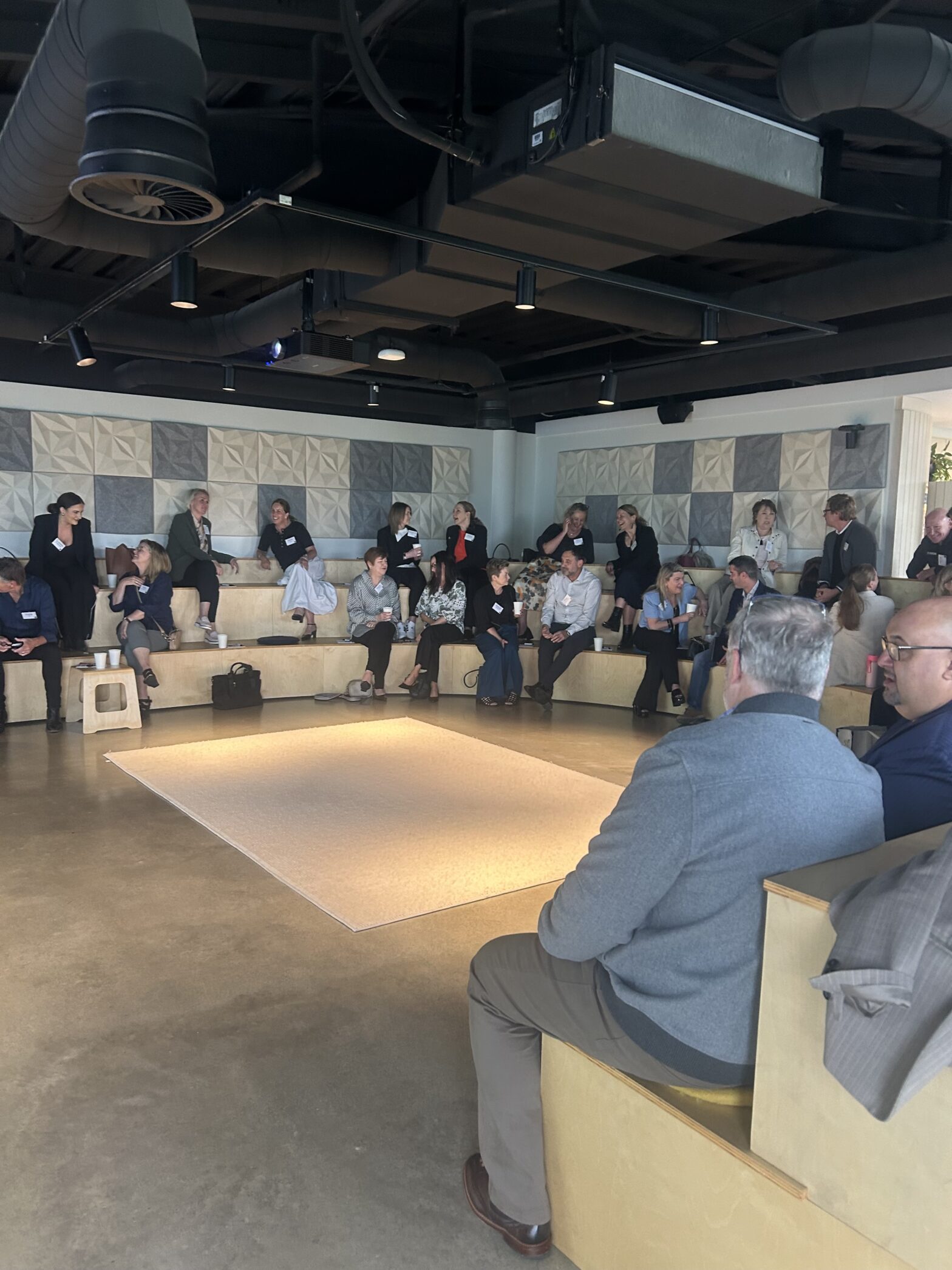NZders work some of the longest hours in the OECD and we have the lowest productivity! 18% of Kiwis are at risk of burnout – especially managers, professionals and workers under 30 – they have lower job satisfaction, performance and retention and higher mental health issues, accidents, errors, loneliness, sickness and feel tension between home and work obligations.
Various pieces of research seems to suggest productivity is linear to effort until you get to about 36 hours per week (depending on what sort of work you are doing). In this zone we are more innovative, collegial, willing to persist in ambiguity and have a higher locus of control. After 36 hours to 50 hours per week our productivity starts to drop and after 55 hours, it drops steeply to the point where working 70 hours a week results in less work completed than when you work 55 hours (no real gains in output after 48 hours was reported in a manufacturing environment even when the pay was piece rate).
The benefits to employees seem clear, at least in the short term. Across trials at more than 200 companies, workers reported better mental and physical health, life satisfaction, and positive affect, as well as less stress, burnout, fatigue, and work-family conflict.
Organisations reducing working hours (the 100-80-100 model, 100% of pay, 80% of time and 100% of productivity) are increasing revenue by an average of 1.4%; absenteeism, sickness, and employer turnover all declined during the trial period and most companies reported productivity either remained stable or increased. Revenue remaining stable with less hours worked would suggest a productivity increase has occurred.
How can this be? The research suggests with less work hours people engage in exercise more, smoke less, socially drink more but daily and binge drink less, and have better sleep quality. NZ research shows we are 10x more likely to be doing well mental health wise when we are happy with our work life balance. When we are doing well as people we are better at collaboration, innovation and persisting in ambiguity, we make less errors and have less accidents and sickness – all lifting our personal productivity and all key success factors for organisations in a modern economy.
One other significant finding is that when we dedicate less time to work, we’re more likely to engage with friends and family. This increased social interaction not only strengthens our bonds but also enhances our mental health by 2.3x.
Why does this happen? It turns out that social connections feed our brains. Engaging with colleagues, friends and family provides emotional support and enriches our lives, which can lower stress, increase happiness, and even boost productivity. The brain thrives on these interactions, underscoring why relationships are so vital to our well-being.
As we rethink our work-life balance, this research invites us to consider the profound impact of nurturing our social connections. By prioritizing time with family and friends, not only do we feel more fulfilled, but we also become more effective in our professional roles.
Let’s seize the opportunity to work smarter, connect deeper, and live better!
#WorkLifeBalance #SocialConnections #MentalHealth #Productivity #RelationshipsMatter





